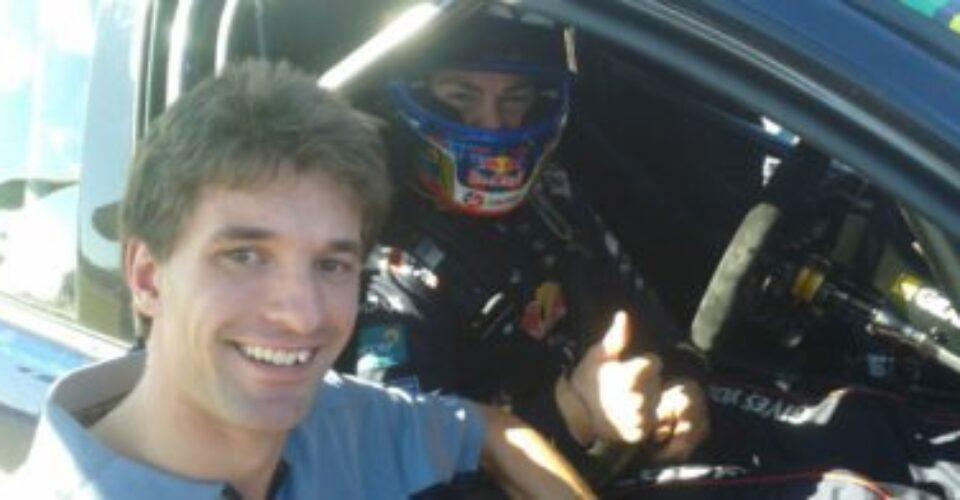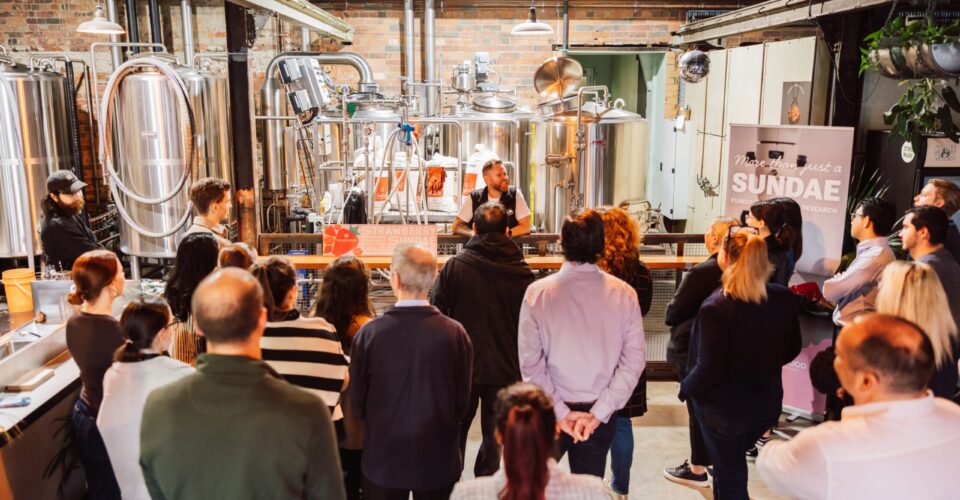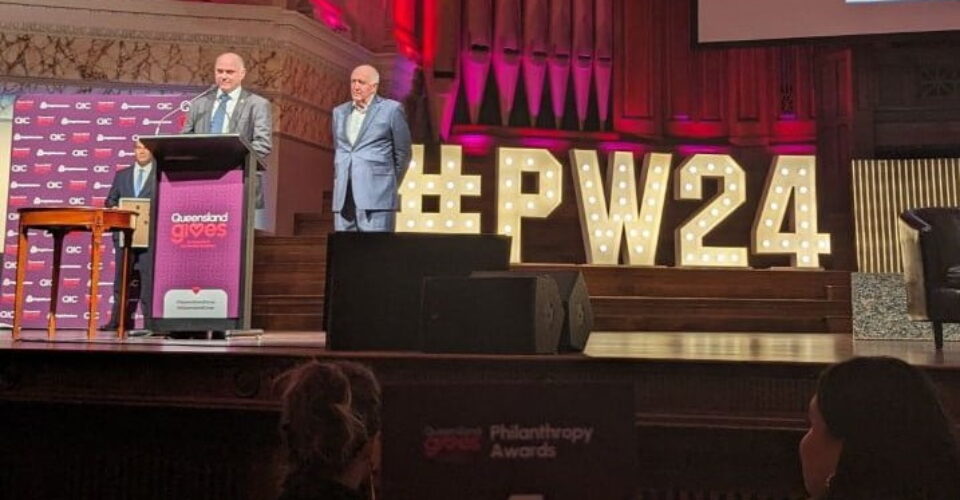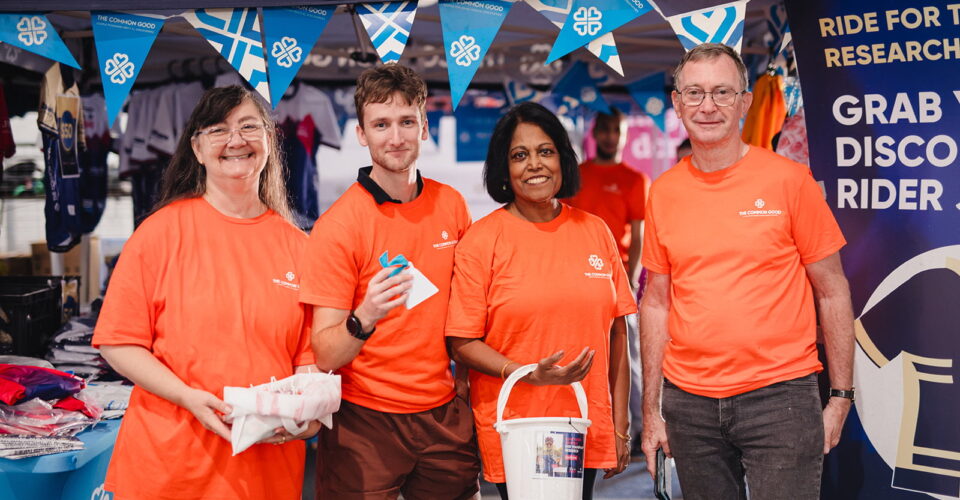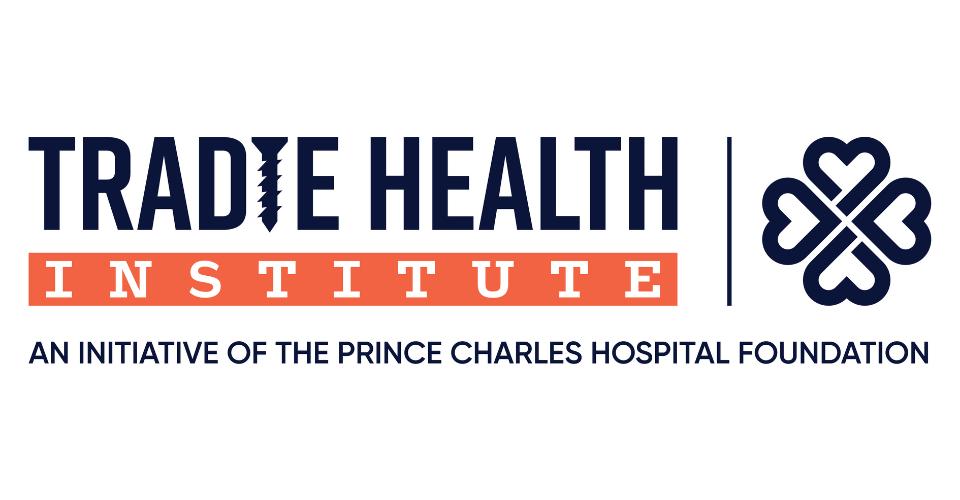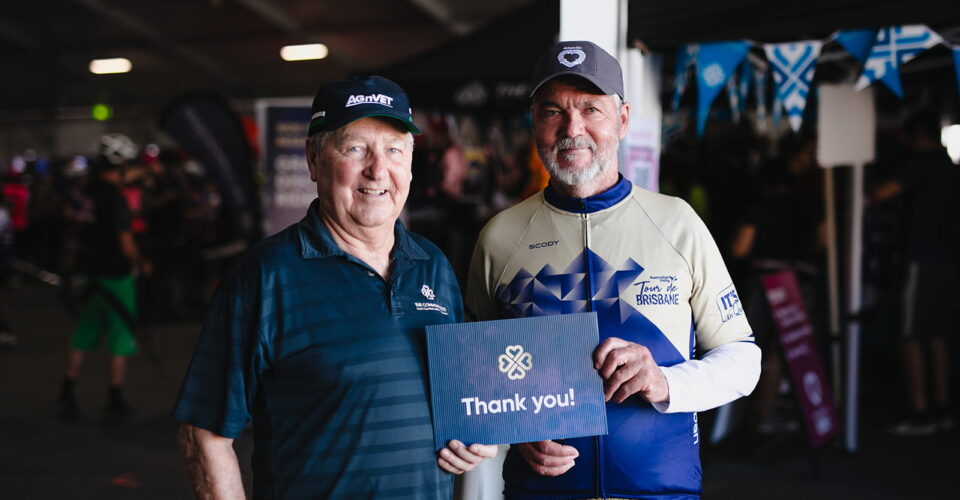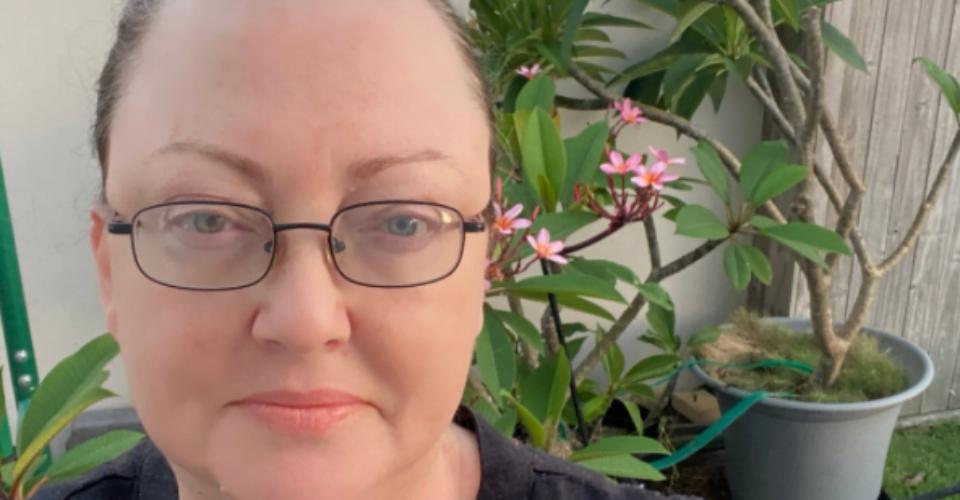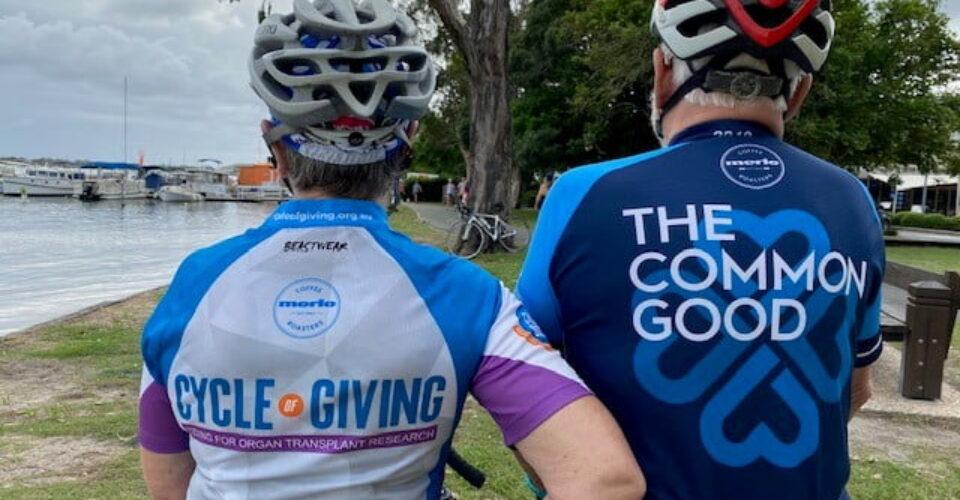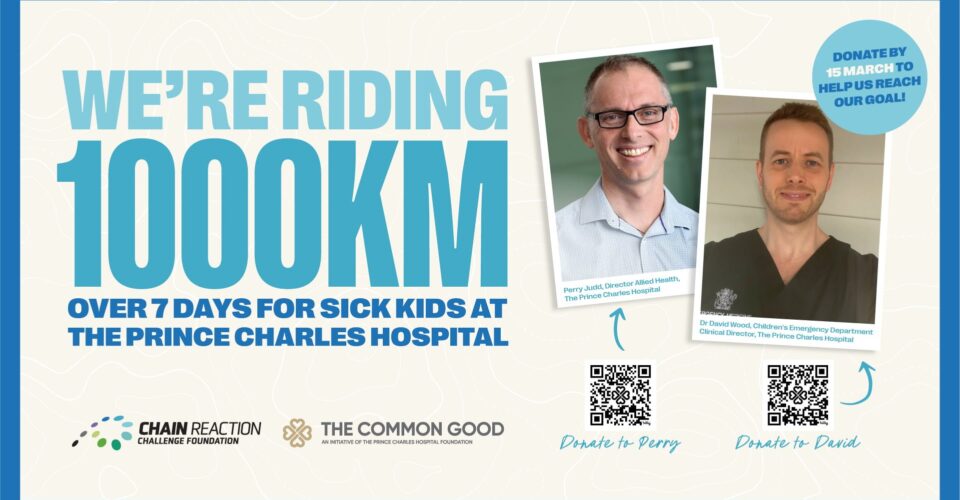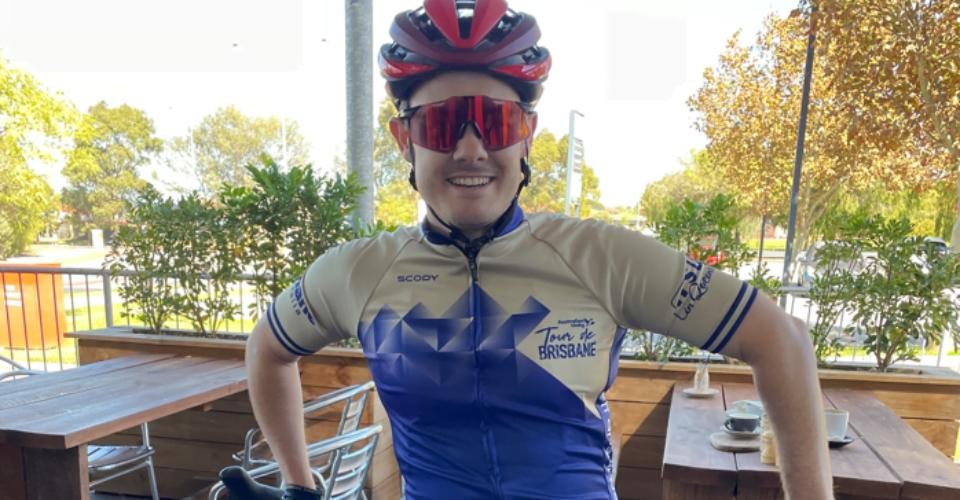When thinking of mechanical engineering you’d be forgiven for automatically picturing cars, trucks and heavy machinery engines rather than devices used to save lives, and that is exactly where Clayton Semenzin began his engineering studies. So how did he find himself at the Innovative Cardiovascular Engineering and Technology Lab (ICETLAB).
It often takes minds like those in the ICETLAB, part of the Critical Care Research Group, to recognise how technology that started in a different field could help to make advances in other areas. That’s exactly why we now see computer simulation modelling taking off in medical research.
Originally started in the aerospace and motorsport industries, the use of Computational Fluid Dynamics (CFD) simulations is becoming more and more prevalent with researchers like Clayton.
After beginning his engineering studies Clayton pursued his interest in motorsports. He underwent work experience with the Triple 8 racing team, creating simulations of air-intake in engines and optimising refuelling processes but craved something more – he wanted to make a difference.
Seeing the potential to use CFD to simulate and analyse any variety of pumps and flows, including the greatest pump of all, the heart, he moved into medical research. Clayton is now using the very same technology he used in motor racing to help create an efficient and cost effective heart pump.
It’s innovative thinking like this that caught the interest of Harvey Norman Aspley, who have come on board as the principal Sponsor of Clayton’s research. With Harvey Norman Aspley’s backing, the support of their network and the community, Clayton will have the resources to complete the ‘fine tuning’ of his pump model through CFD and then be able to move on to the next step – building physical pumps for testing.
With the use of CFD Clayton’s physical pump models should need significantly less perfecting than those created without the use of computer modelling; as a large portion of the testing will have been completed within the simulation.
Cutting down on the time and physical resources needed for this kind of research means an obtainable cost effective Ventricular Assist Device (VAD) could be saving lives in some of the World’s poorest countries before we know it. This research may even lead to reduced costs for VADs throughout the world, taking the strain of our healthcare systems.
You can fuel Clayton and his inspiring research by donating now
Support The Common Good here.
